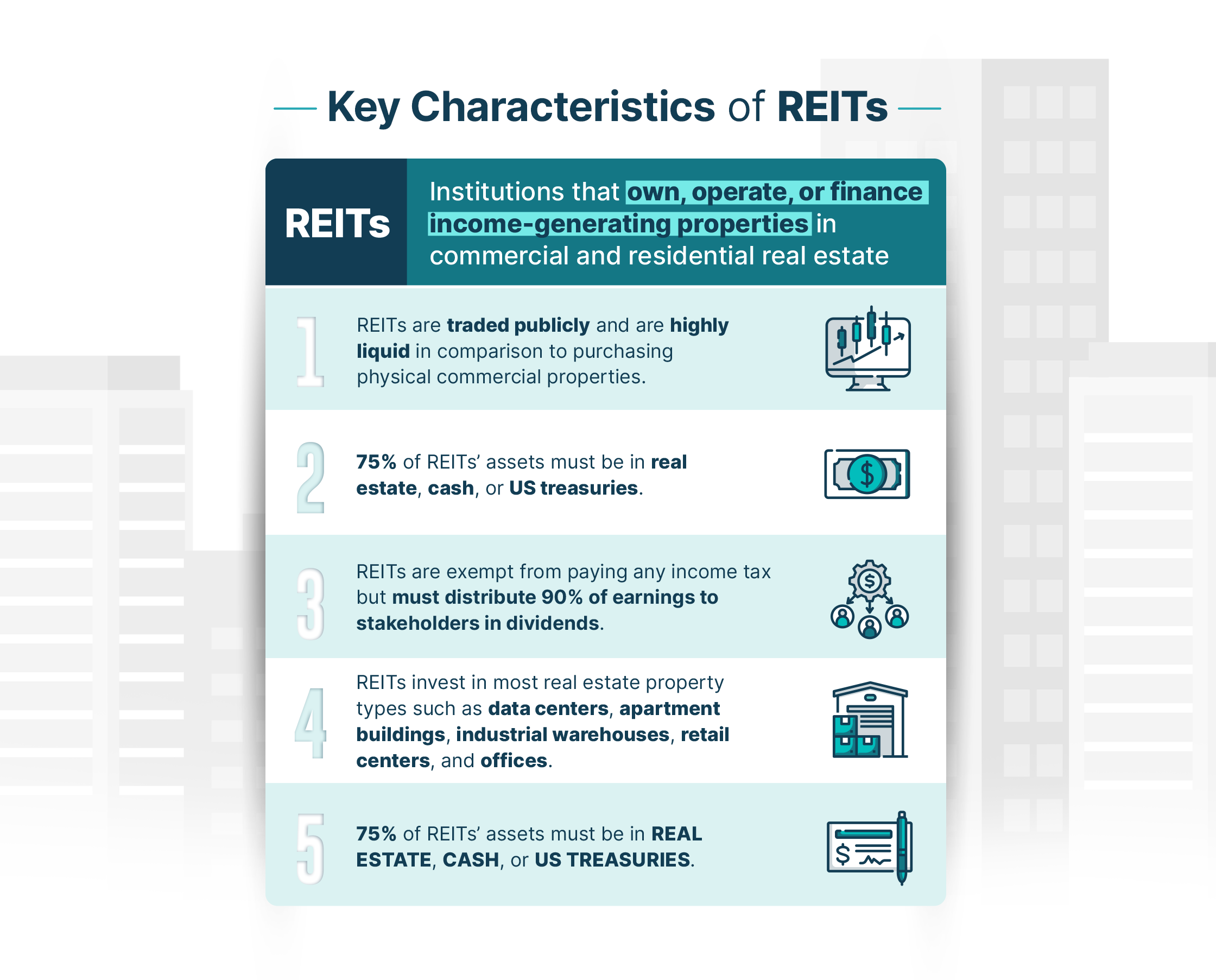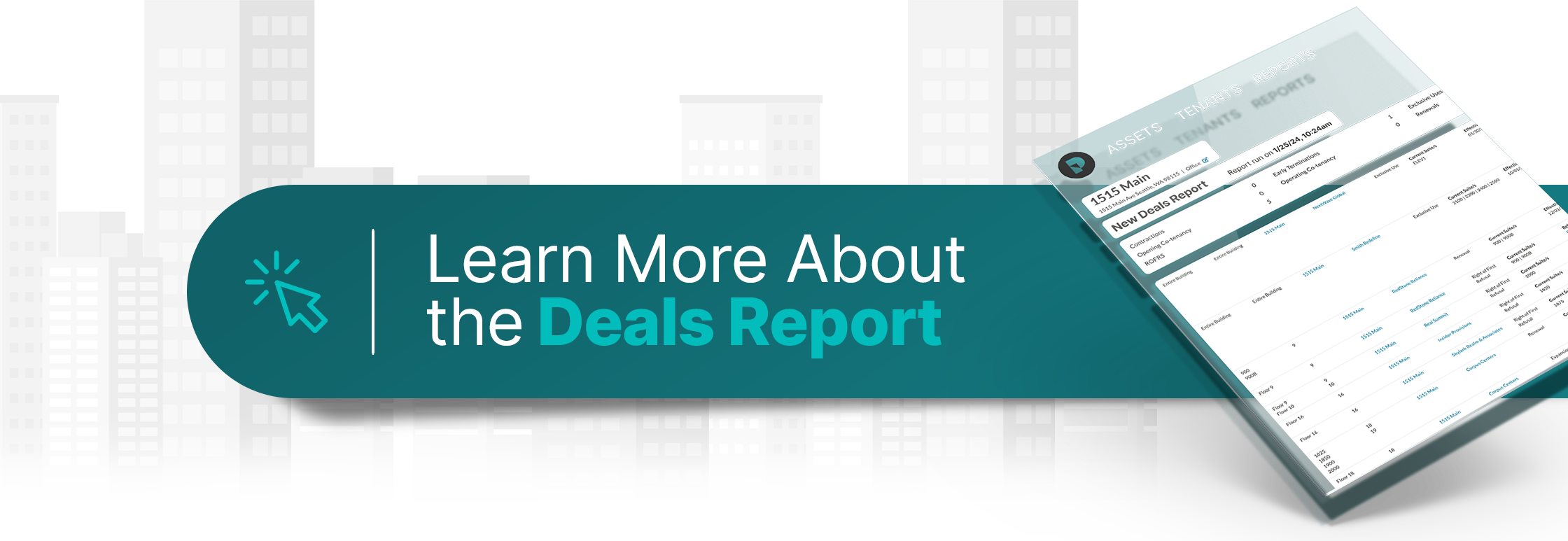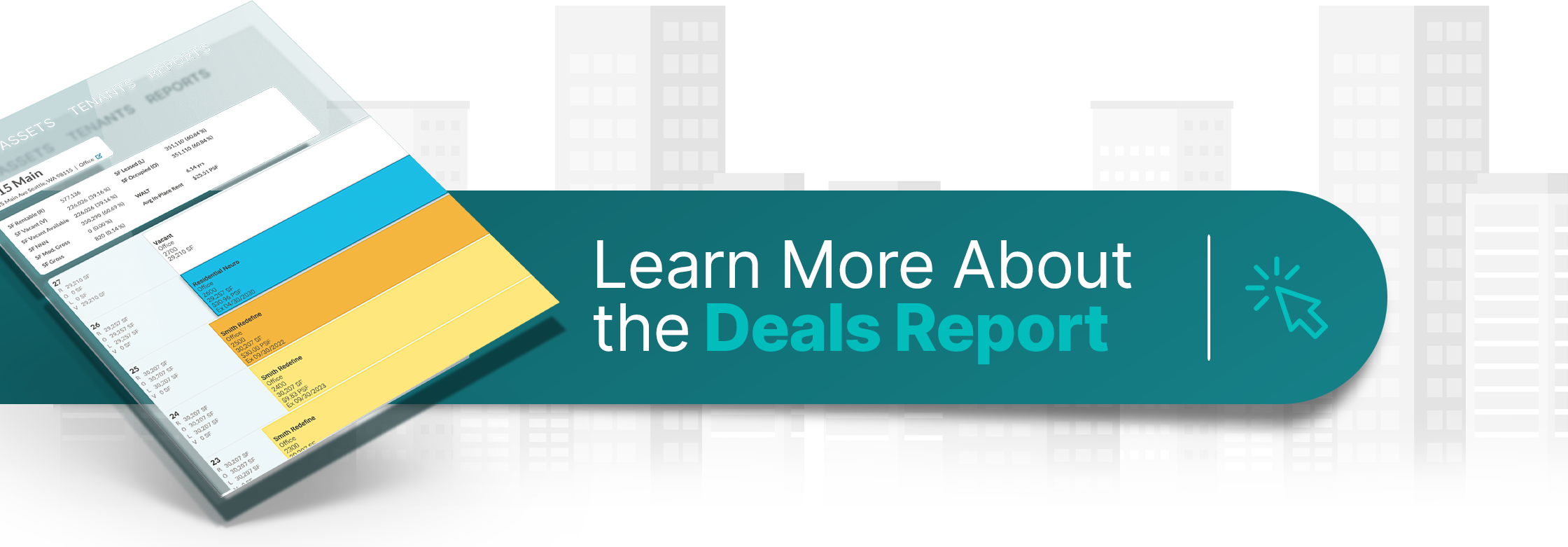AI-backed REIT Reporting: Conveying Your Wins & Upholding Disclosure
Relieve some of the pressure of quarterly REIT performance reports. Find out how AI-powered solutions, like Prophia, could be the answer to faster, better earnings reports.

Quarterly reporting is an involved process for even the most seasoned CRE professional. It can be tedious, time-consuming, and even detrimental if data or performance metrics are out-of-date or worse, inaccurate. For entities like real estate trusts, reporting accuracy is mission-critical, and if your team isn’t equipped with the finer points of your portfolio performance or confidence falters among your investors, you could have more to contend with than the SEC.
When preparing for quarterly and annual reports that have to stand up to scrutiny from multiple sources, you need a technology solution that can both streamline data aggregation and offer unparalleled accuracy. Read on to discover how Propahi’s advanced AI is revolutionizing the way REIT trustees convey their quarterly and annual performance to their investors.
Jump To A Section in This Article
REITs Gaining Popularity
Optimizing REIT Reporting Amidst SEC Scrutiny
What Is a Real Estate Investment Trust?
Four Main Types of REITs
REITs Garner Attention Once Again
For the past 25 years, REITs have been a viable investment strategy over the mid and long-term. They provide portfolio diversification, inflation protection, and their fundamentals perform resiliently when interest rates rise.
With greater annualized returns and liquidity, it isn’t surprising that over two-thirds of the 25 largest institutional investors worldwide incorporated REITs into their portfolios regardless of what is happening in the market. Generally speaking, REITs are a steady, long-term investment. Yet, despite its advantages, this investment vehicle is controlled by an industry that is stuck in the dark ages of manual data aggregation, reliance on physical records, and siloed or slow records governance.
Compiling these investor-facing reports is time-consuming—especially if managers are creating these reports from disparate portfolio data and assembling that data manually within a spreadsheet. To stay on the cutting edge and provide shareholders with the most accurate and up-to-date snapshot of their portfolio on time, REIT managers can leverage AI tools, like Prophia, to take their reporting to the next level and keep their investors informed about earnings and budgets each quarter.
Optimizing REIT Reporting Amid Common Challenges
This high level of transparency may be good for investors and the general public, but it puts immense pressure on trust representatives to report with accuracy and confidence, and this can be particularly challenging if a fund has to report quarterly losses or compile all of its reporting metrics by hand. More often than not, the archaic state of REIT reporting practices pulls important individuals—like the fund’s leadership—away from investment activities and into data aggregation.
Additionally, these old reporting practices make it difficult to concisely convey fund progress. When data aggregation is left up to manual or all-hands-on-deck exercises, being organized is the first pillar to fly out the window in the name of getting it done on time. And that can often cause trust managers to miss important wins, at best, or misreport fund exposure, at worst.
What’s more, these quarter-to-quarter reporting woes can have a ripple effect across the fund, eventually impacting investor relationships, confidence, and ROI.
Maintaining the investor relationship.
Investor relationships are crucial, especially in the current market climate where investment attitudes can be hesitant. Suppose REIT managers share inaccurate information with their investors at any point during a reporting period. In that case, this can seriously dampen their confidence in the experts who represent their interests in the market.
Public trusts that show a commitment to their data accuracy, and getting the most up-to-date and comprehensive version of that data in front of their investors, stand the best chance at maintaining relationships, adhering to transparency laws, and safeguarding the flow of funds.
Effectively communicating exposure.
While many commercial asset classes are performing well, including medical office, retail, and industrial, some segments of the market, like the office sector, are facing challenges. Individuals tasked with conveying poor performance to investors stand a much better chance at educating their shareholders about potential exposure, or a plan to reverse that exposure, if data is delivered accurately and on time.
REIT managers who leverage AI tools, like Prophia, to quantify their exposure and identify weaknesses in their contractual data are better equipped to answer investor questions and instill confidence even when profit loss is on the table. As the market continues to fluctuate in one direction or another, Prophia offers REIT managers unparalleled visibility into their contract data so they can keep investors informed.
Aggregating deal performance and leasing activity.
Data aggregation has been a historically tedious process. That is largely because CRE professionals and REIT managers were required to consolidate data manually to obtain an overview of their quarterly or annual performance. A task that can take weeks, if not months, depending on the scale and complexity of the assets in the portfolio.
As data aggregation automation becomes common practice, even among small firms with a handful of assets to manage, there will be no room for financial entities to continue to use outdated practices to compile and circulate a summary of their stock performance.
Prophia is the leading vertical AI solution built to tackle the challenges CRE portfolio managers face every day when synthesizing their firm’s or their customer’s portfolio data. With advanced machine learning, Prophia ingests CRE lease contracts and builds a detailed lease summary containing all of your assets’ essential data.
This Prophia-synthesized contract data then becomes the foundation for portfolio dashboards and custom reports, like the Deals Report which instantly aggregates key deal points to quickly convey and summarize deal activity—an essential need for individuals compiling earnings reports that hold up to Federal and investor review.
What Is a REIT?
REIT stands for Real Estate Investment Trust. It is a financial trust that maintains a portfolio with 75% of assets in real estate, cash, or US Treasuries. These organizations are highly regulated by the SEC and have some of the most stringent disclosure laws of any stock option. This is largely due to the high percentage of dividends they pay out to their shareholders annually and the percentage of funding they must raise in capital markets.
REITs are an American invention, invented by Congress in 1960 to encourage investors, particularly smaller investors, to participate in income-generating real estate. Today, nearly 150 million Americans participate in REIT stocks and help to uphold the original spirit of this investment opportunity: inclusivity.
Key Characteristics of REITs
- REITs are institutions that own, operate, or finance income-generating properties in commercial and residential real estate
- REITs are traded publicly and are highly liquid in comparison to purchasing physical commercial properties
- 75% of REITs’ assets must be in real estate, cash, or US treasuries
- REITs are exempt from paying any income tax but must distribute 90% of earnings to stakeholders in dividends
- REITs invest in most real estate property types such as data centers, apartment buildings, industrial warehouses, retail centers, and offices
- REITs earn their income through property rents or interest on loans and mortgages

The Four Main Types of REITs
REITs were first invented in the 1960s and since then they have undergone adjustments and changes over the decades to better serve their shareholders and provide small investors with more opportunities to participate in real estate investments. Today, there are four predominant REIT types, and they all generate income and invest in the real estate sector differently.
Equity REITs.
Equity REITs are the most prolific type of REIT in the industry. They operate in incoming-generating properties and allow investors to access a highly diverse portfolio. Equity REITs own properties in a range of real estate sectors such as office, medical office, retail, industrial, etc., and generate their income through property rents, not dispositions. These real estate companies distribute their earnings through dividends to their shareholders and must adhere to strict disclosure laws.
Mortgage REITs (mREITS).
Mortgage REITs purchase or originate mortgage loans and mortgage-backed securities. Unlike Equity REITs, mREIT investments are limited to residential real estate and shareholders do not have access to as diverse a portfolio as Equity REITs. What’s more, mREITs earnings are generated by interest on loans—specifically the net interest margin.
Public non-listed REITs (PNLRs).
PNLRs are subject to the same SEC requirements as public REITs. They own, operate, and finance income-generating real estate and publicly disclose their earnings, however, these companies’ shares do not trade on a national securities exchange. This means liquidity tends to vary and share purchase options are limited.
Private REITs.
Private REITs generally manage investments from institutions rather than individuals. Like PNLRs, these funds also do not trade on the national securities exchange, however, unlike public REITs, they do not have to register with the SEC. These funds also are not subject to disclosure requirements.
Prophia's commitment to accurate and accessible performance data has a profound impact on efficiency within organizations, particularly those with high visibility like REITs. With Prophia's assurance of data accuracy, REIT professionals can redirect their focus from data verification to interpretation.
This shift enables unitholder representation and management to delve into portfolio performance like never before, effortlessly constructing in-depth reports and reclaiming critical time in their day. To discover more about Prophia’s impact on financial reporting, exposure conversations, and risk mitigation, reach out to a member of our team for a one-on-one conversation and demo of our AI platform.
If you would like to harness the power of AI specifically designed for CRE, contact the Prophia team to learn about reporting, data visualization, and customization options.
Hannah Overhiser
Hannah is Prophia's Content Marketing Manager and a seasoned B2B and B2C marketer. Her career began in eCommerce consulting with a focus on code testing. This technical expertise transferred seamlessly to SEO and she started working agency-side as an SEO and Content Strategist. Today, her home is Prophia, and she puts...



